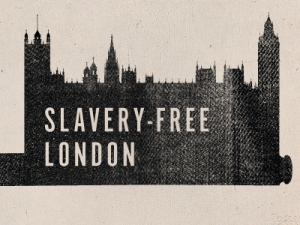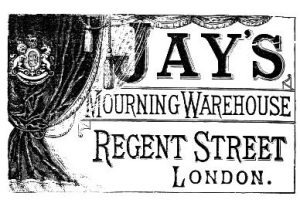The Emperor’s Babe is historical fiction, written as an “autobiography” in verse. The story is told by Zuleika, who is a poet and the book is written as a series of poems.
Zuleika, the daughter of Sudanese immigrants, lives in Roman occupied London (Londinium)) in AD 211. She and her friend Alba “were the wild girls of Londinium”, “partners in crime.” As an eleven year old child, Zuleika is married off to Felix, a much older, successful Roman. She spends her time as a girl about town, providing the reader with a view of life in Londinium.
As an aristocratic wife, she benefits from her husband’s position, but is unhappy. Throughout the book Zuleika thinks about who she really is: Londinio or Nubian? She begins to write poetry, which help her express her feelings of identity.
She begins an affair with Septimius Severus, the Emperor of Rome. The story becomes more serious and darker, describing the depravity of Roman society, especially as related in Zuleika’s visit to the amphitheatre.
The book was a different sort of read for me, confusing at first, but a rhythm developed as the story progressed. The story uses Latin and modern words. I think the author may have done this to show the connection between Londinium in AD 211 and the space of today’s London. The author states “There are many parallels to be made between Londinium and contemporary Britain/London, and I simply played on this to make the period more lively and accessible, as well as using language to do this. The language that Zuleika uses is very now, very modern. The novel is peppered with Latin, Italian, Cockney-rhyming slang, patois, American slang, pidgin Scots-Latin, and in the case of Severus, broken English. Using language in this way greatly aids characterization as well as making the text dynamic.” (McCarthy). I found this somewhat distracting (was the word “glamour puss” ever used in ancient Londinium ?) (Evaristo p.35)Perhaps the use of modern slang was used to make the characters more familiar to today’s reader.
I can see the author’s use of modern street names as another way of connecting Londinium and today’s London. I think this may show how Zuleika “occupies” the space of London.
In the article “Revisiting the Black Atlantic: Bernardine Evaristo’s Blonde Roots.”, the point is made that Bernardine Evaristo portrays Londinium as similar to today’s London. The article states “Evaristo portrays London as a conglomerate of cultures, accents and peoples that very much resembles the multicultural metropolis of today.” (Munoz-Valdivieso).
As Evaristo herself suggests, “in one sense, The Emperor’s Babe is a dig at those Brits who still harbour ridiculous notions of ‘racial’ purity and the glory days of Britain as an all-white nation” (McCarthy).
The story ends sadly, although I am not entirely clear as to how it occurs. The emperor dies, Zuleika’s affair is discovered, and Zuleika discusses her funeral with Alba. Is she murdered? Is she dreaming of being strangled? Does she commit suicide? I would be interested in hearing from the class regarding the ending and their overall impression of the book, which was a very different kind of read.
Evaristo, Bernardine. The Emperor’s Babe. London: Penguin Books, Ltd. , 2001. Book.
McCarthy, Karen “Q&A with Bernardine Evaristo”. Valparaiso Poetry Review VIV.2(2003): http://www.valpo.edu/vpr/evaristointerview.html
Munoz-Valdivieso, Sofia. “Revisiting the Black Atlantic: Bernardine Evaristo’s Blonde Roots.” Interactions 19.1-2 (2010): 53+. Academic OneFile. Web. 27 June 2013
Image: The Londinium of the Emperor’s Babe



